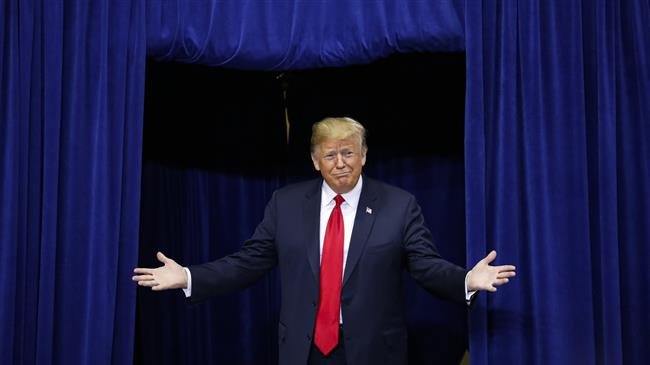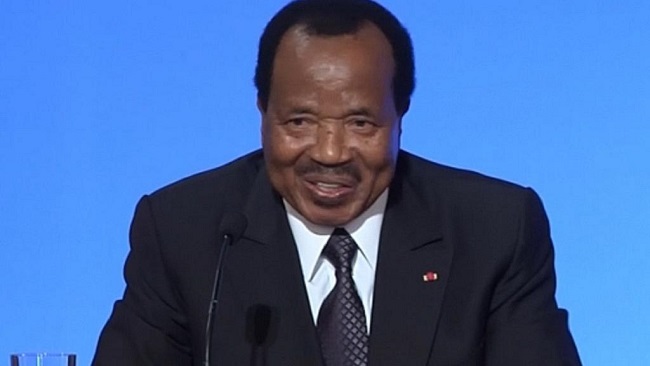28, September 2019
Biya using Southern Cameroons card as cover for failures in French Cameroun 0
Ambazonia Vice President Dabney Yerima has said that the French Cameroun regime under President Paul Biya is using the war in the Federal Republic of Ambazonia as a cover for its successful failures in La Republique du Cameroun.
Comrade Dabney Yerima also pointed out that the French Cameroun despot is running out of ideas and is now making accusations against the people of Southern Cameroons and the Ambazonia Interim Government as a cover for failures stemming from corruption and mediocrity deep within the Francophone system.
Vice President Yerima added that Yaounde’s destructive policies against Ambazonia should not be overlooked despite the French Cameroun regime’s tendency to blame Southern Cameroons Restoration Forces for the 37 years of failure in leadership.
The comments from the Ambazonia second-in-command came in response to the so-called national dialogue recently announced by the 86 year old French Cameroun leader and the decision by the Southern Cameroons Interim Government to appoint veteran US diplomat Herman J. Cohen as a spokesperson for the Ambazonians in the Yaoundé talks.
Dabney Yerima went on to list a number of French Cameroun regime’s vicious policies against the Federal Republic of Ambazonia, such as the onslaught in both the Northern and Zones of Southern Cameroons, Biya regime’s killing of peaceful Ambazonia political dissidents, lack of democracy in French Cameroun and respect for human rights while on a daily basis committing war crimes and crimes against humanity in Southern Cameroons.
By Chi Prudence Asong in London


























29, September 2019
UN Security Council restraint to send a peacekeeping force to Southern Cameroons 0
The UN Security Council has voted in favour of local solutions to African problems as was seen in the restraint to send a peacekeeping force to Anglophone Cameroon and enforce an arms embargo violation sanctions in Libya earlier this year.
The UN says the decision on Cameroon now appears inspired, with President Paul Biya having called for a national dialogue on Anglophone Cameroon for September 30, which United Nations Secretary-General Antonio Guterres has welcomed.
A similar process is underway in Mali: President Ibrahim Boubacar Keita told UNGA that a peace agreement signed in 2015 between the government and armed groups had progressively cultivated trust between the parties. He said more than 2,500 ex-fighters were taking part in demobilisation, disarmament and reintegration under the watch of the UN Multidimensional Integrated Stabilisation Mission in Mali.
The ceasefire has helped legislate on a $72 million development zone in northern Mali, and allowed a third shot at national dialogue that President Keita said would bring lasting reconciliation and strengthen democracy. However, Mali is facing a crisis in the middle of the country where terrorists and criminal gangs run amok.
Culled from The East African